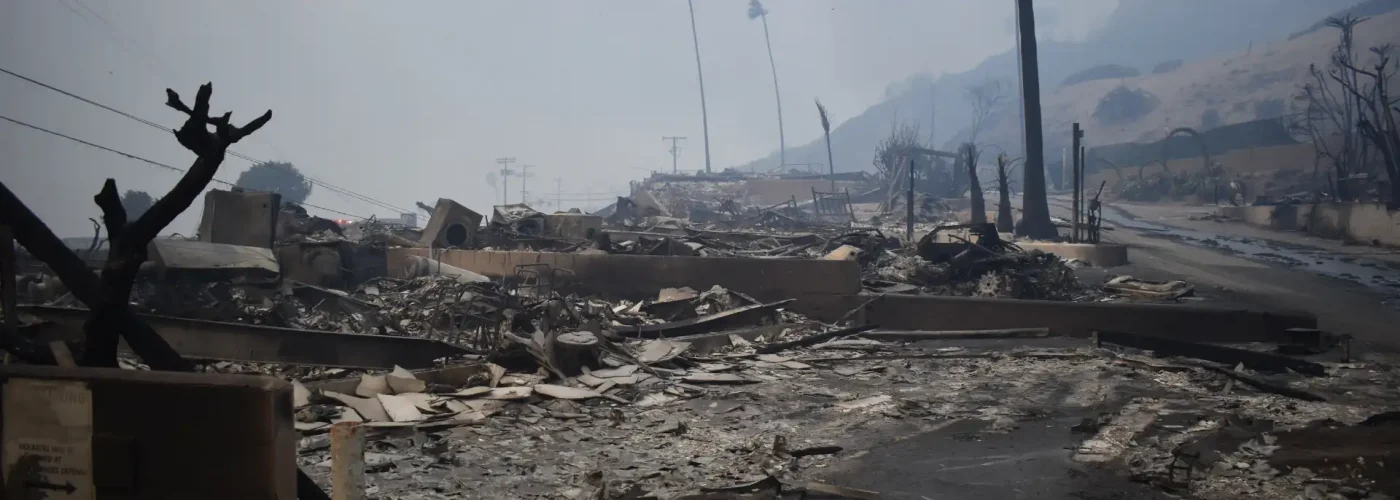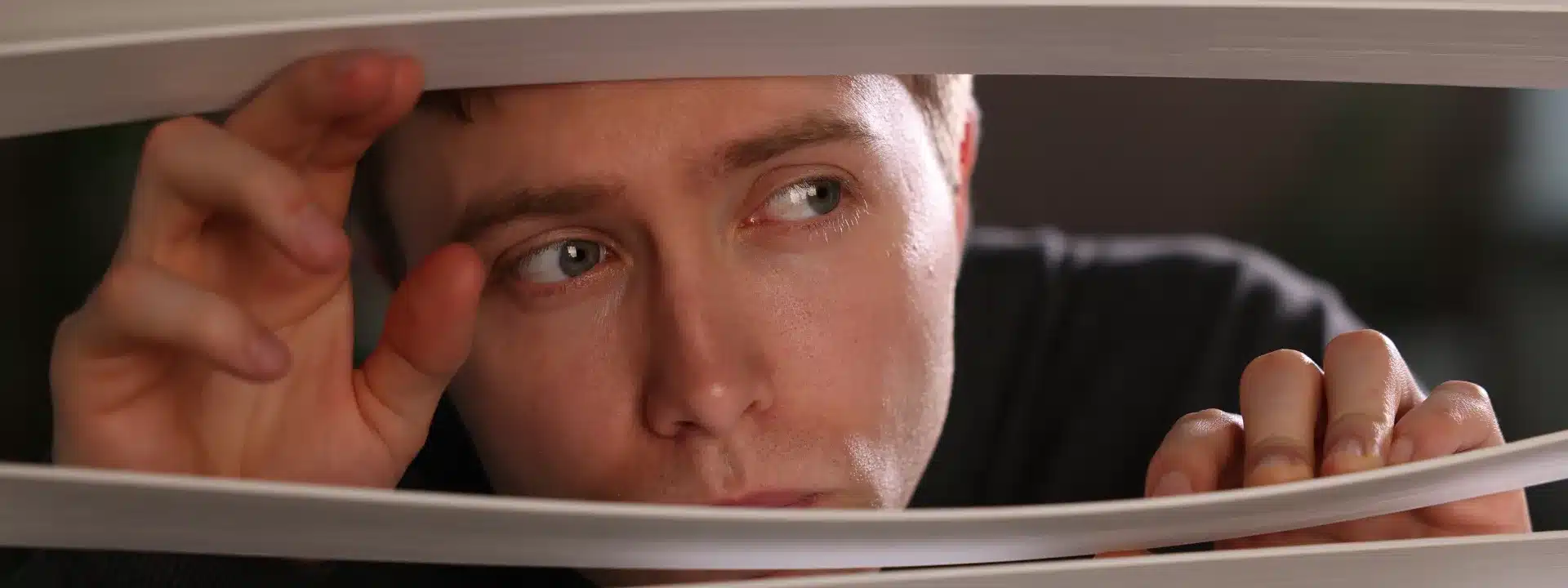You sit at home. The news blasts about wildfires in Southern California. The air reeks of smoke. News anchors shout: “evacuate now.” You scramble to pack. But this isn’t the usual routine.
There is a knot formed in your stomach. This fire feels too close. You check on neighbors and pets. Your mind races. Should you leave? What if you lose everything?
Stress hangs thick in the air. Your breath shortens, and your heart races. It’s not about fear; it’s the memories. Past fires replay in your head, each leaving a deeper mark. As warnings keep coming, you wonder: how much more of this can you handle?
Living through LA wildfires isn’t about damage. The mental toll is heavy. You feel anxious, isolated, or disconnected. Wildfires impact mental health long after the flames die down.
This post explains how LA wildfires harm mental health. It explores anxiety, PTSD, and how recovery isn’t one-size-fits-all.
The Growing Mental Health Crisis After LA Wildfires
Wildfire Anxiety and PTSD: More Than Just Fear
The effect of LA wildfires on mental health is huge. Many survivors face PTSD and anxiety after the smoke clears. Studies show wildfire survivors often develop mental health issues like depression and anxiety.
What Happens After the Fire Is Over?
When the flames die down, the worry doesn’t fade. Survivors often feel jumpy and tense. The smell of smoke flashbacks memories of past fires, sending anxiety into overdrive. Melissa Rudy of Fox News notes that “wildfire symptoms” linger long after the actual danger. These feelings will last months or years, especially without mental health support.
Post-Wildfire Mental Health Challenges: Understanding Long-Term Effects
Why You Still Feel the Impact
Trauma from wildfires sticks around. Research by Grennan et al. (2023) proves this for individuals affected by the 2018 Camp Fire, California’s deadliest. Those who faced the flames show more chronic PTSD, anxiety, and depression than others. Findings revealed that 67% of directly exposed individuals reported recent trauma. In contrast, only 14% of indirectly exposed persons and none of the non-exposed group felt the same.
These trauma survivors show cognitive challenges, especially with processing tasks. Their brains work overtime, trying to cope with these tough experiences. That study stands out as the first of its kind to examine brain effects of climate-related trauma.
It’s vital to understand the long-term mental health hits for people in wildfire areas. Findings indicate mental health challenges extend to those living with the constant threat, not only those directly affected. The scars left by such events impact the whole community.
Wildfire-Induced PTSD: More Than Just Fear of the Flames
Wildfire-induced PTSD can strike anyone who experienced the trauma. The Pacific Palisades devastation, as described by Billy Witz in his article in the New York Times, shows wildfires’ deep emotional and physical toll. Homes and belongings vanish, and families face displacement. Many feel symptoms of PTSD, such as flashbacks and nightmares.
These responses go beyond regular stress. They signal that trauma has deeply shaken mental well-being. Addressing mental health after wildfires is crucial for recovery.
Why Some People Experience More Trauma Than Others
Not everyone feels the same effects. Prior trauma, social support levels, and mental health history amplify reactions. Those with anxiety or depression find their symptoms worsen after a wildfire. Dr. Jyoti Mishra’s research shows wildfire survivors often face anxiety, depression, and cognitive issues, complicating their recovery process.
The Link Between LA Wildfires and Chronic Stress
Chronic Stress: Wildfires Leave the Mark
Wildfires lead to chronic stress. This stress often causes mental health issues. Living in wildfire-prone areas like LA brings worry and fear. The threat hangs over you even if a fire doesn’t hit your home. Over time, this stress wears you down. A recent article in The Times confirms this connection, showing a strong link between chronic stress, anxiety, and depression. It also highlights how ongoing environmental stress weakens mental resilience.
The Hidden Struggles: Mental Health Support for Wildfire Survivors
Why Mental Health Care Matters
Getting mental health support is key after wildfire trauma. Sadly, many survivors avoid seeking help. Stigma, lack of resources, or trouble finding care hold them back. Jen Christensen of CNN reports that most survivors feel let down by mental health services during and after the fires. When left untreated, these struggles often spiral, creating a larger mental health crisis.
How Wildfire Trauma Recovery Is Different for Everyone
Every survivor experiences recovery in their way. Some face anxiety and PTSD right away. Others may feel numb for months. There’s no “one-size-fits-all” path to recovery. A 2024 study in The Permanente Journal shows trauma responses vary widely. So, effective recovery relies on tailored care for each individual.
Managing Wildfire Anxiety Symptoms in Daily Life
Taking Charge of Your Mental Health
Taking charge of your mental health is crucial. Coping strategies for wildfire anxiety include mindfulness and relaxation techniques. Cognitive-behavioral therapy (CBT) also helps. A recent systematic review and meta-analysis show these methods lower anxiety in trauma survivors.
How Therapy Helps with Wildfire-Induced PTSD
Therapy plays a vital role in addressing wildfire-induced PTSD. CBT has proven effective in helping survivors manage traumatic memories. It helps them regain control over emotions. Our recent blog, 2024’s Most Effective Trauma Treatment Modalities Unveiled, highlights how CBT breaks the cycle of avoidance and reactivity common in PTSD.
Getting the Help You Need
Alter Behavioral Health knows the unique challenges wildfire survivors are facing these days. Whether you’re dealing with anxiety or trauma recovery, we offer personalized mental health care. Our expert team helps each person process trauma and regain their mental strength.
If you struggle with mental health effects from LA wildfires, seek help. Don’t overlook your needs. We provide cognitive-behavioral therapy, trauma-focused therapy, and mindfulness techniques. We aim to help you manage symptoms and start your recovery journey.
Don’t delay your healing process. Contact us today to learn how our programs aid recovery. We are here for you if you want individual therapy or group support. Reach out now and take the first step toward finding peace again.



